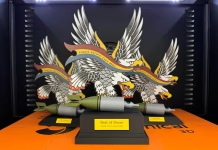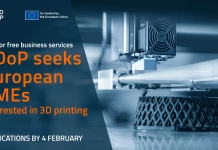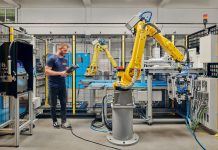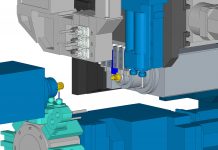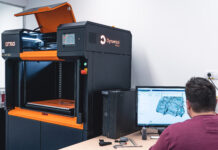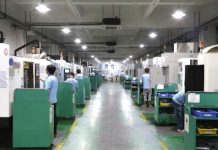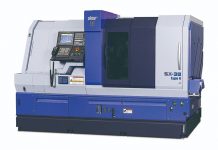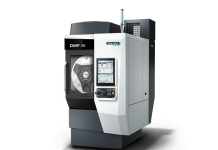A new academic-industrial partnership has been launched to develop lower-emission airplane landing gear components, with a view to growing the UK’s global aerospace market share.
The £22.5m project, called I-Break (Landing Gear Industrial Breakthroughs), is a collaboration between global aircraft OEM Airbus, Cranfield University spin-out WAAM3D, and 14 other partners including small businesses, academics, and research organizations.
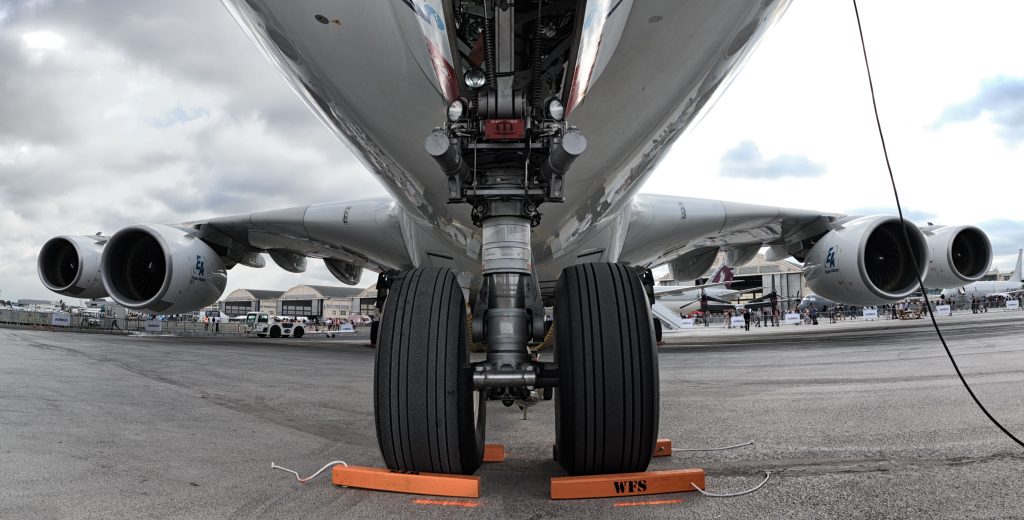
The project will develop and manufacture key landing gear structural components, traditionally produced using large forgings, with novel techniques including additive manufacturing. Powder hot isostatic pressing and composite technology will also be leveraged in the project, which seeks to reduce aircraft time to market and reduce the industrial CO2 footprint by 30%.
Delivered through the Aerospace Technology Institute (ATI) Programme, the project is being funded by a larger £218m UK government initiative for R&D aerospace projects. The UK government’s joint commitment with industry to invest in new aircraft and manufacturing technologies is expected to secure at least £20bn additional private investment in aerospace in the UK, supporting over 100,000 jobs.
“The investment through the ATI Programme that the Industry Minister, Nusrat Ghani announced at the Paris Air Show will support a range of world-class research projects in technologies to improve the sustainability of aerospace, from new design processes to new materials,” commented Aerospace Technology Institute CEO Gary Elliott.
The I-Break project is set to be completed in 2026.
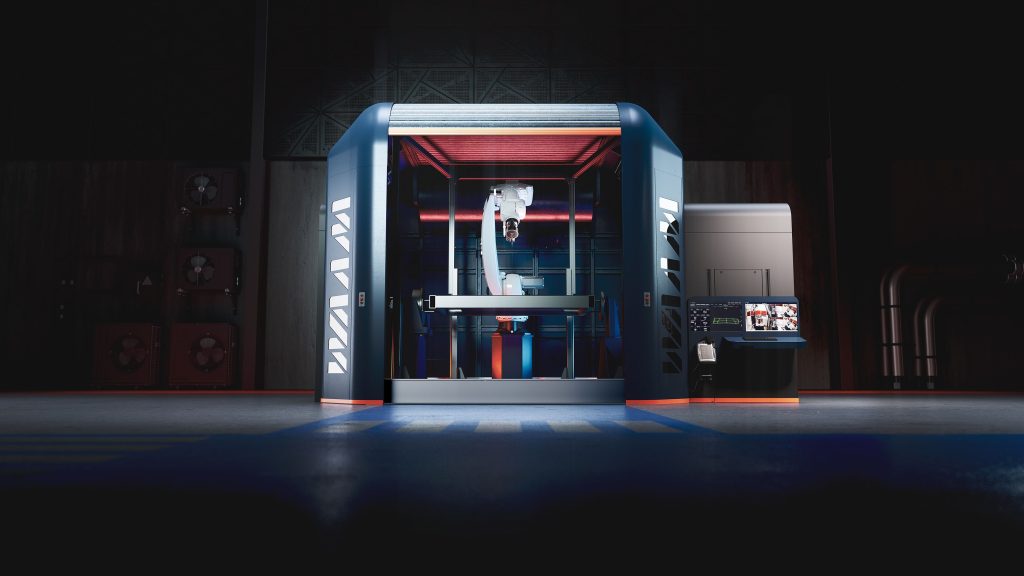
WAAM3D and the I-Break project
WAAM3D’s role within the the I-Break project centers around the industrialization of higher productivity Wire Arc Additive Manufacture (WAAM) variants. The control of microstructure and mechanical properties for high-integrity structural applications, and the industrialization of on-line non-destructive-testing techniques will also be headed by WAAM3D. The company will also leverage its upgraded RoboWAAM systems to produce demonstrator parts of relevant size and complexity.
Several packages are included within the I-Break project, with various partners collaborating within each package. One such partner within WAAM3D’s package is Bedfordshire based Cranfield University, which will work on novel WAAM processes and solutions, and on the validation of new alloys of key interest.
The University of Strathclyde is also collaborating directly with WAAM3D. The university, home to 23,000 students from 10,00 countries, is working on innovative on-line non-destructive-testing techniques. Moreover, Peak NDT, a world-leading designer and manufacturer of high-performance conventional and phased-array ultrasonic instrumentation, is also developing on-line non-destructive-testing hardware systems.

